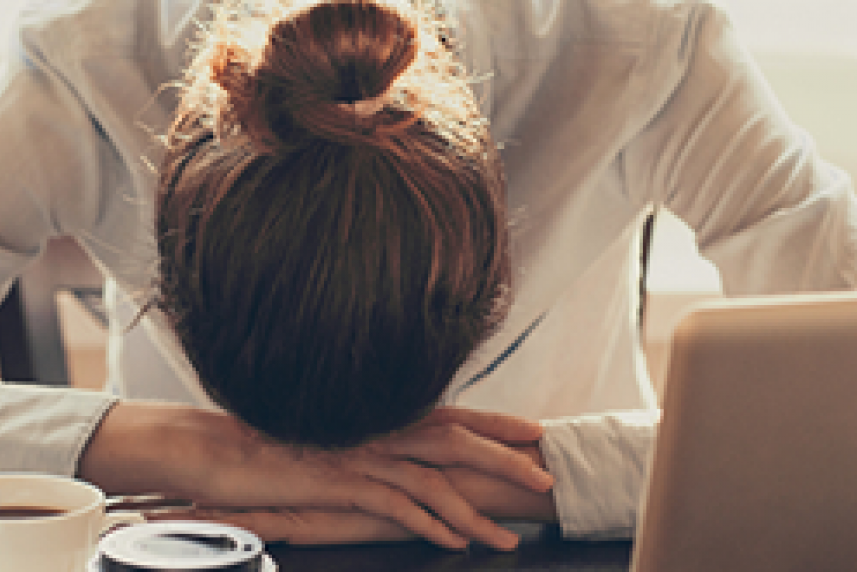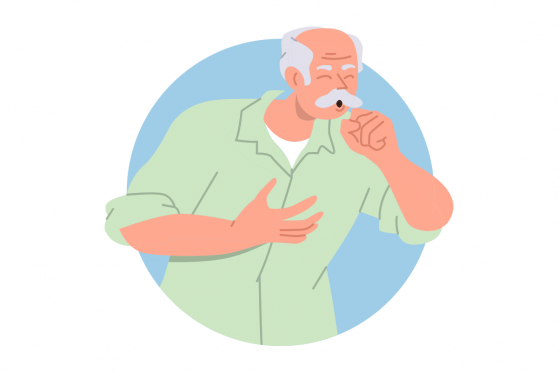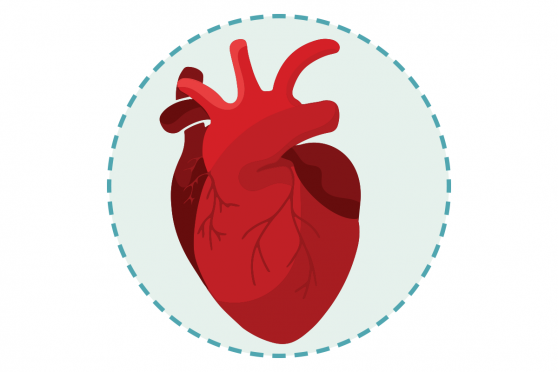7 Ways You're Killing Your Energy
Changing habits may help re-energize you

So much to do, so little energy? Many days we feel like we're running on empty, even if we got a full night of sleep. Some of our habits and choices may be making us fatigued, says Wanda Filer, MD, a family physician in York, PA, and an American Academy of Family Physicians board member. See if these situations apply to you, and try the suggested fixes so you can stay energized.
1. You're trying to lose weight
Eating less to lose weight can cause your blood sugar to drop between meals, Dr. Filer says. Instead of three meals per day, try eating five to six smaller meals spaced out every two to three hours. Include more protein to help stabilize blood sugar. Nonfat Greek yogurt and beans are good protein options to add to your daily menu.
2. You're not getting enough iron
Without iron, your red blood cells have trouble carrying oxygen through your body to keep you energized. If you're passing up leafy greens, beans, nuts, and red meat, you may be low on iron. Just be sure to check with your doctor before taking iron supplements, Dr. Filer says, because it's also possible to have too much iron in your body.
3. You go through the motions
Jobs that require you to do the same physical motions every day can mean repeated stress on your body. Over time, the pain can become stronger and take its toll on your energy level, Dr. Filer says. Look for different ways to go about your tasks. If you're always holding the phone to your ear, give your arm and neck a break by using a speakerphone or a hands-free headset.
4. You take OTC medications
Cough, cold, and allergy medications are actually big-time culprits for fatigue, Dr. Filer says—but they aren't on the day that you take them. Many over-the-counter meds cause sleep deprivation, leaving you foggy the next day. The next time you reach for your trusted form of symptom relief, pay attention to how you sleep that night and feel the next day. It may be time to try a different kind. Talk to your healthcare provider or pharmacist.
5. You're cutting back on caffeine
Giving up your coffee or soda cold turkey can leave you yawning before noon. Instead of going caffeine-free abruptly, wean yourself slowly. Swap one of your coffees for a decaf version in the first week, then swap out a second coffee for decaf.
6. You have poor sleep hygiene
Our beds should only be for sleep and for sex, Dr. Filer says. Using your bed for any other activity makes it harder for your brain to associate your bed with sleep when it's actually time to get some shut-eye. When you go to bed, minimize distractions and keep the room as dark as possible. Stick to the same bedtime each night, too. Your body will get the message that it's time to relax.
7. You have a lot on your mind
The lights are off, and your head is on the pillow ... but you can't stop thinking about tomorrow. Stress is one of the most common reasons for fatigue, Dr. Filer says. Stress can keep you awake, but it can also interfere with your ability to get quality sleep during the night, leaving you drained the next day. Try to de-stress before bedtime. Turn off the technology, and do something relaxing like reading or taking a warm bath.



